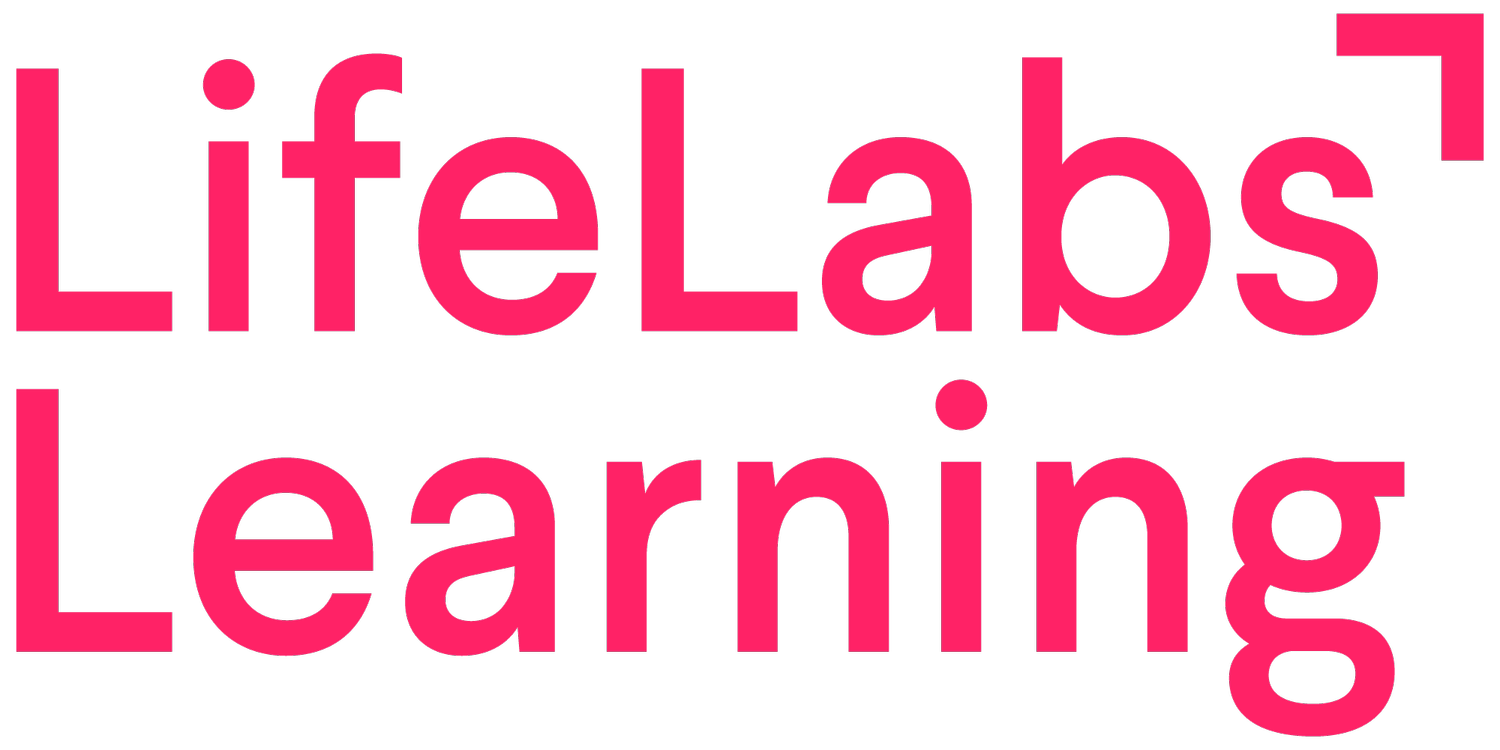Extraction is the key to becoming a superlearner. Here’s how to master it.
3-minute read
We talk a lot (seriously) about how important it is for leaders to master “tipping point” skills — the smallest changes that tip over to make the biggest impact in the shortest time. The best leaders are the ones who are always learning, so we thought we’d focus this week on a tipping point skill you can start using even as you read this blog: Superlearning.
Recently LifeLabs Learning Labmates Vanessa Tanicien and Massella Dukuly discussed what it means to be a “superlearner” on The LeaderLab Podcast. As Vanessa describes, superlearning is simply the process of “thinking about thinking, knowing about knowing, and essentially becoming aware of one’s awareness.” 🤯 Superlearning is all about knowing what it takes to make the learning truly stick. That starts with mastering essential extraction skills.
Extraction skills are the key to quickly learning information. Massella cites one of her favorite pieces of research from Jeffery Karpicke in 2012. He tested students’ abilities under four different conditions to see which type of learning actually helped students remember the most vocabulary words. They found that repeated studying (or what most of us would refer to as “reading and re-reading”) didn’t help anyone remember the vocabulary words. Instead, it was the repeated extraction of the information (think note-taking or creating flashcards) that made it stick.
Consistently extracting information and self-testing along the way is what helps you truly absorb the information you’re taking in. And, while that may sound great when it comes to prepping for a test, great leaders are constantly doing it to improve their performance.
Here’s how you can apply extraction skills at work:
Create intentional pauses for extraction
Building time into your week to pause and reflect on all of the information you’re taking in will help you retain it. This might look like taking five minutes after every meeting to jot down the most important takeaways from the meeting. Rather than writing everything down, Superlearners take time to ask themselves, 'what's most important to remember?'
Try it: Block out time on your calendar, even just 5 minutes, after every meeting to extract. If that’s not possible (with back-to-back meetings, it might not always be!), then try to build at least a 15-minute block into the beginning, middle, and end of your week to extract the learning from all of your meetings and interactions.
Normalize and model taking the time to reflect and extract
Leaders who make time to reflect and extract make it safe for others to do the same. Massella states that “modeling is probably one of the most effective things that we can do at work for one another when it comes to this type of learning, and really what that means is normalizing the fact that taking the time to reflect is okay, and it’s healthy!”
Try it: Add a learning extraction section to your meeting agendas and 1-1s. When it's on the agenda, it normalizes it as a part of your team culture. Make sure you’ve created space to talk about what you’ve learned from both your wins and your failures. As Vanessa so aptly points out during the podcast, “everything is a learning moment, not just the successes.”
Mini-Mission: Great leaders are always looking to learn. So, take this superlearning moment: set a 3-minute timer and write down your key takeaway from this article.
You can hear more from many of our Labmates by listening to The LeaderLab podcast, available on Apple, Spotify, or whatever other streaming service floats your boat. If you’re looking to learn more about extraction and other essential tipping-point skills, you can order The Leader Lab book — our exciting science-backed, fluff-free tool that will change the way you lead.
